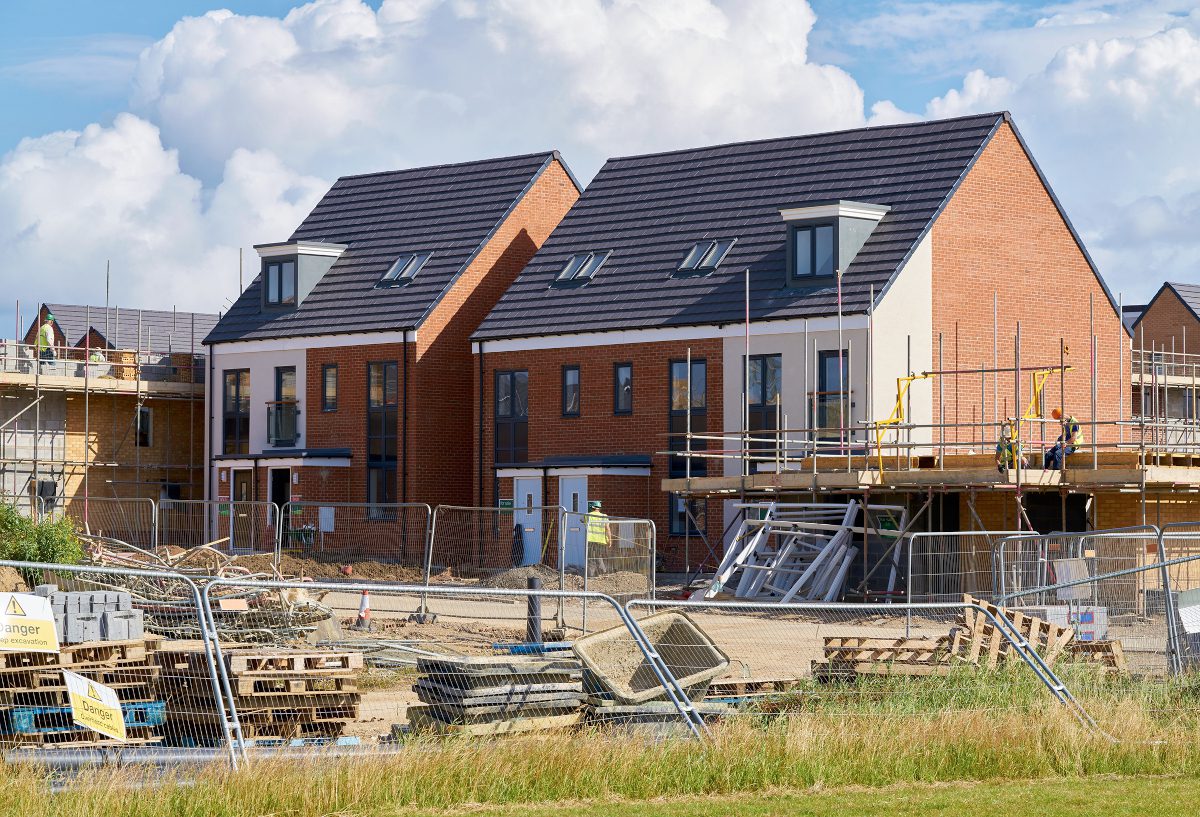
River conservation groups reacted with alarm to the news (on 29 August) that the government plans to ease restrictions on developers’ need to ensure the nutrient neutrality (NN) of their projects, in a bid to unblock house building “held up due to defective EU laws”.
“Through an amendment to the Levelling Up and Regeneration Bill, the Government will do away with this red tape and allow for the delivery of more than 100,000 new homes desperately needed by local communities,” said the statement.
It was announced alongside extra funding for measures to “tackle pollution at source and restore habitats” including “improvements to the Nutrient Mitigation Scheme run by Natural England, doubling investment to £280m”.
“Make no mistake,” said The Wildlife Trusts chief executive Craig Bennett, “this is a license from the Government for the commercial housebuilding lobby to profit from the pollution of our rivers.”
“Vague offers of money as compensation are not the same as a legislative requirement – and even the existing rules are extremely modest.
The Rivers Trust said: “The latest plans to rip up water pollution rules show, once again, that our Government is backtracking on the environment and taking decisions that abandon previous commitments and promises, and ones which our European neighbours enjoy.”
Not a binary choice
“We do not need to choose between new homes and clean water, we can have both.”
“Now is the time to develop homes responsibly, working with house builders who want to find positive solutions to achieving nutrient neutrality.
The group cited its own evidence that nature-based solutions across catchments “can solve our nutrient problems, whilst also tacking climate change and declining nature.”
“The Government must show the way, by keeping hold of legal protections and retaining the principle of the polluter pays, rather than the taxpayer pays, so that water companies and housebuilders invest in natural solutions to protect our precious waterways while delivering modern, functional homes.”
Estimates of the costs to developers of having to comply with Natural England guidance on NN appear to vary widely. The Home Builders Federation said housebuilders faced a bill of as much as £25,000 per home on mitigation strategies, in a March 2023 presentation to a House of Lords committee. On the other hand, local nutrient credit trading schemes – such as have been available in the Solent for the past couple of years – can reduce this cost to around £3,500-£4,000 per home. The complexity of the issue is explored in this article.
Sticking point
Whilst the announcement presented the legislative amendment as effectively unstoppable, and almost a ‘done deal’, Penny Simpson, Environmental Law Partner at national law firm Freeths, offered clarification on its significance and legislative status.
“It sounds like the Government’s intention is to give LPAs [(local planning authorities)] discretion to sideline the existing legal framework and Natural England guidance that underpins the NN system.”
“It has been suggested that changes will be effected immediately through this announcement. This is not the case. To achieve changes will require legislative amendments because the rules that underpin NN are baked into our existing legislation (the Conservation Regulations 2017).”
“The NE existing guidance on NN is already guidance, not more. But it is based on (currently) binding caselaw and legislation and that is why the LPAs are stuck – they are not, strictly, stuck because of the NE guidance.”
“The required legislative amendments are (we hear) to be inserted into the Levelling Up and Regeneration Bill which already exists and is going through Parliament.”
“Any NN amendments will have to be debated as between the House of Lords and the House of Commons. The Bill then has to become an Act. The relevant provisions will then have to come into force (sometimes provisions come into force as soon as a Bill becomes an Act, sometimes only once a later statutory instrument is passed). This could all happen within months but it could be longer, no one knows.”








